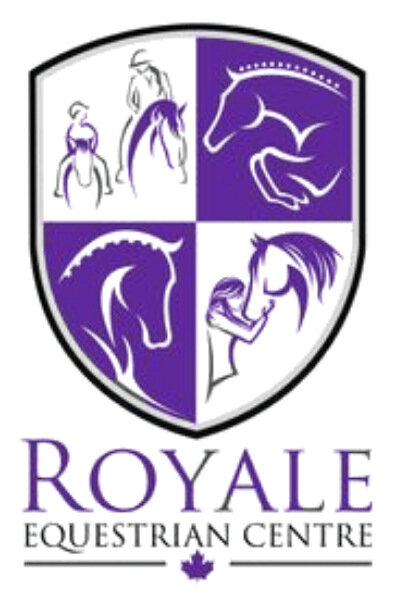The Importance of a Horse's Whiskers: Why Trimming Them Has Been Banned
For decades is was common as part of horse show preparations to present a clean tidy horse to clip off their nose whiskers. It was a regular practice among wide variety of disciplines. Until further research and understanding into why these whiskers are vital to horses and why they should never be clipped.
Whiskers serve crucial purposes in their everyday lives and understanding the role of a horse's whiskers sheds light on why preserving them is essential for their well-being.
Whiskers, also known as vibrissae, are specialized hairs that serve as sensory organs for horses. Positioned around their muzzle, eyes, and chin, these whiskers are incredibly sensitive and play a vital role in a horse's perception of its surroundings.
First and foremost, whiskers act as tactile sensors, providing horses with information about their environment. They help horses navigate in low-light conditions by detecting nearby objects and obstacles, thus aiding in spatial awareness and preventing accidents. Additionally, whiskers assist horses in locating food, especially when grazing in dimly lit areas or foraging through dense vegetation.
Moreover, whiskers serve as a defense mechanism, alerting horses to potential dangers or threats in their surroundings. By sensing changes in air currents and detecting objects before they make physical contact, whiskers help horses avoid injury and react swiftly to sudden movements.
Trimming a horse's whiskers may seem harmless, but it can have detrimental effects on their well-being. Without these sensory organs, horses may experience difficulties in navigating their environment, leading to increased stress and anxiety. Furthermore, the absence of whiskers can compromise their ability to detect potential hazards, putting them at greater risk of injury.
This is why the FEI has banned trimming the whiskers of competition horses, with any breaches of the rule resulting in immediate disqualification of the horse from the event.
This new rule was passed by the the federation in November 2020 as part of the veterinary regulations covering sport horses competing internationally under FEI rules in all disciplines.
Preserving a horse's whiskers is essential for their physical and psychological health. These remarkable sensory organs play a crucial role in helping horses perceive and navigate their surroundings, making them invaluable assets in their daily lives. By understanding the importance of whiskers and refraining from trimming them for cosmetic purposes, we can ensure the well-being and safety of our equine companions.
